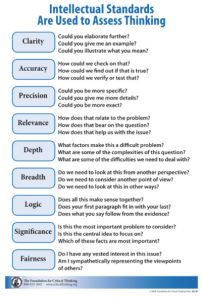You will need to support your ideas when you are writing an assignment. We do this by quoting things we have read, and by paraphrasing. Paraphrasing means selecting the key information from a text and putting it in your own words. By using your own words, you avoid plagiarism (taking somebody else’s idea and claiming they are your own). You can be penalised for plagiarism, so it must be avoided.
Task
Read the short text about a universal language, then read the paraphrase. Compare the the texts and find words from the original text that have been replaced in the paraphrase and note them down.
e.g. peoples -> humans
Original passage
Language is the main source of communication between peoples. However, so many different languages have developed that language has often been a barrier rather than an aid to understanding among peoples. For many years, people have dreamed of setting up an international, universal language which all people could speak and understand. The arguments in favour of a universal language are simple and obvious. If all peoples spoke the same tongue, cultural and economic ties might be much closer and, goodwill might increase between countries. (Kispert, 2000)
(Oshima, A. & Hogue, A. (1999) Writing Academic English Longman)
Paraphrase
Humans communicate through language. Because there are so many languages in the world, language has not always been a help to communication. It can be an obstacle. For a long time, people have wanted an international language that speakers all over the world could understand. There are clear and straightforward arguments for a universal language. Such a language would build cultural and economic bonds, and would also create better feeling among countries. (Kispert, 2000)
